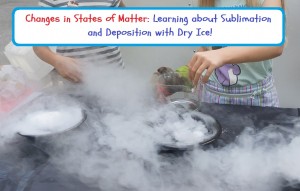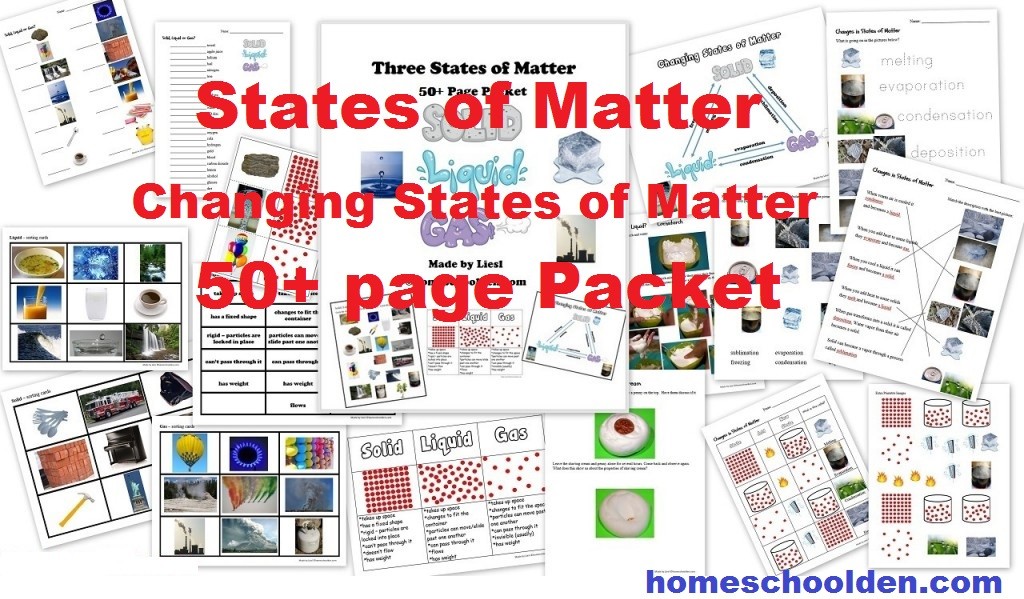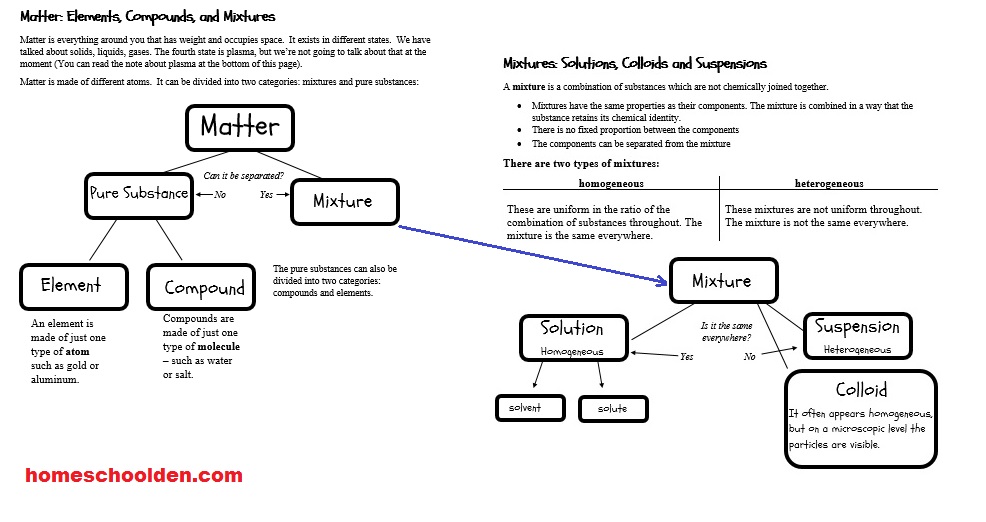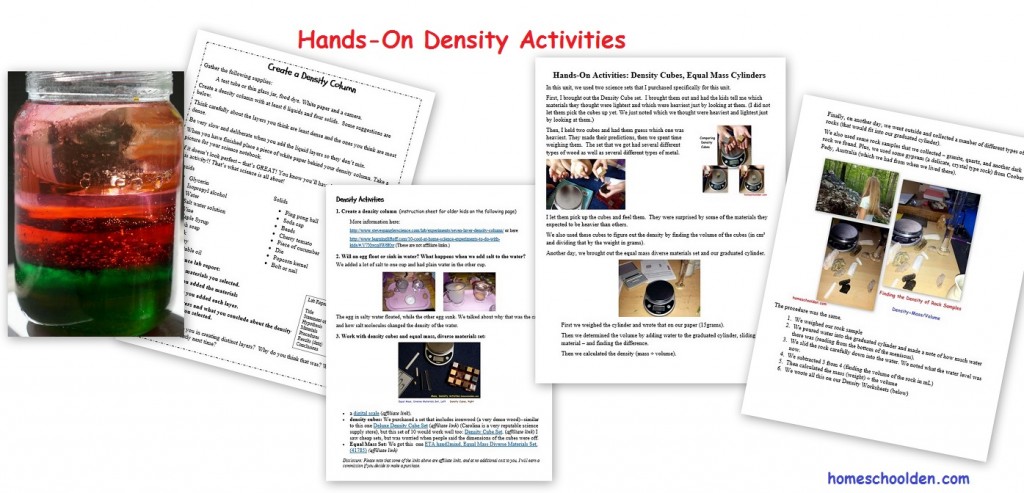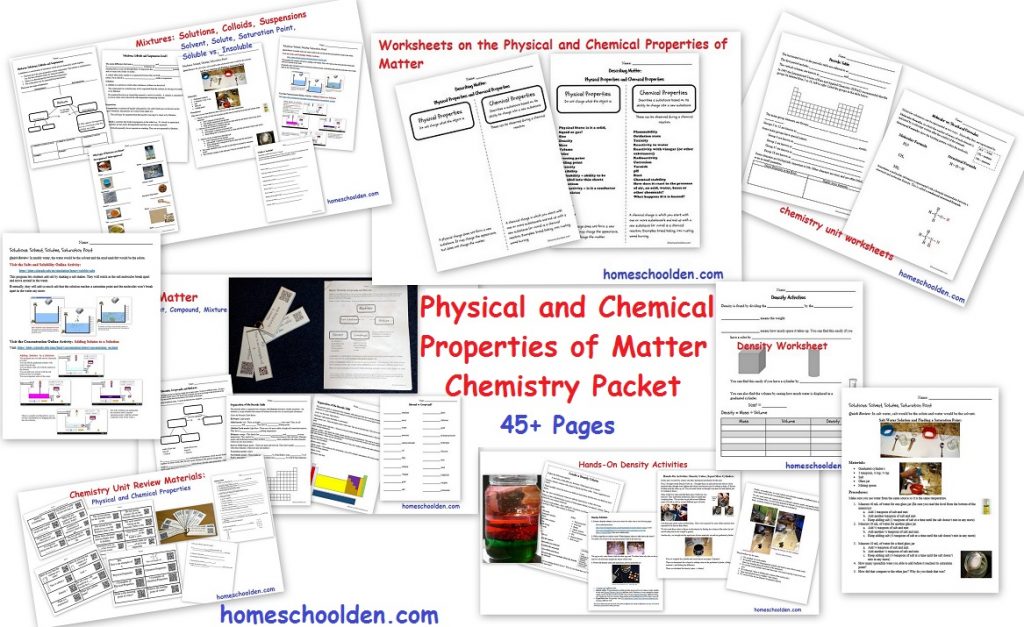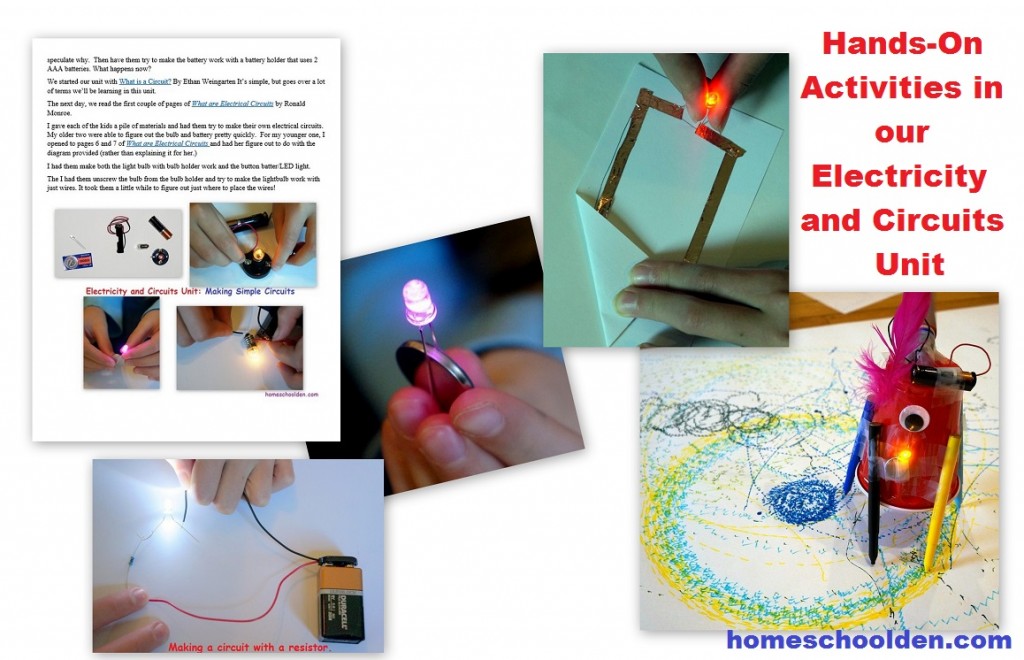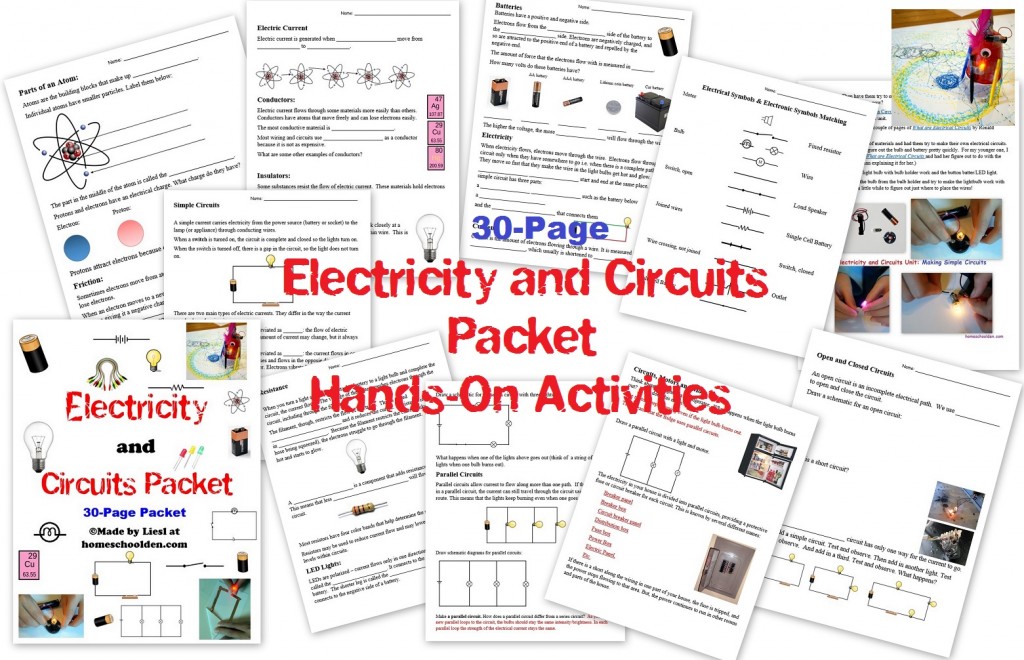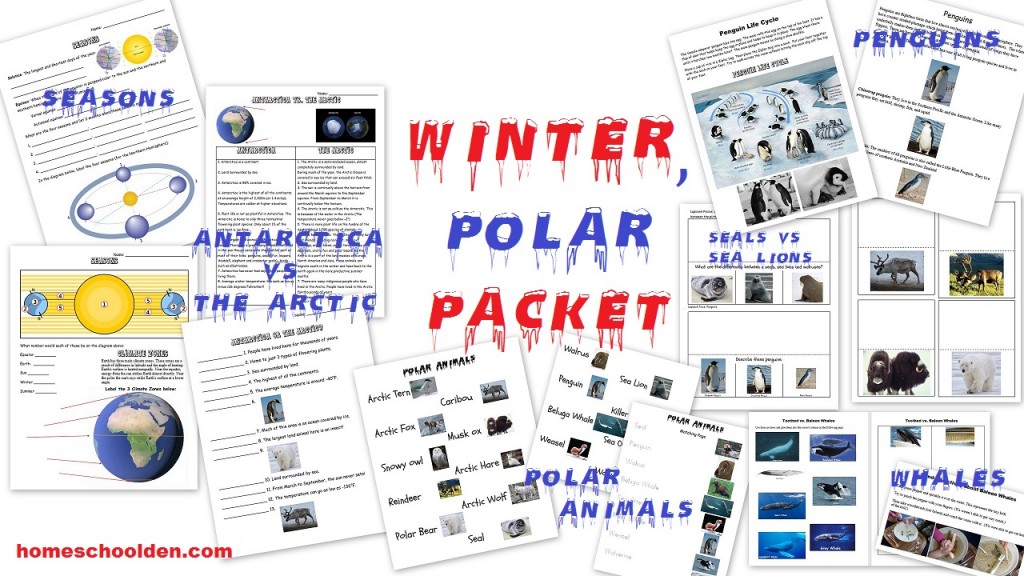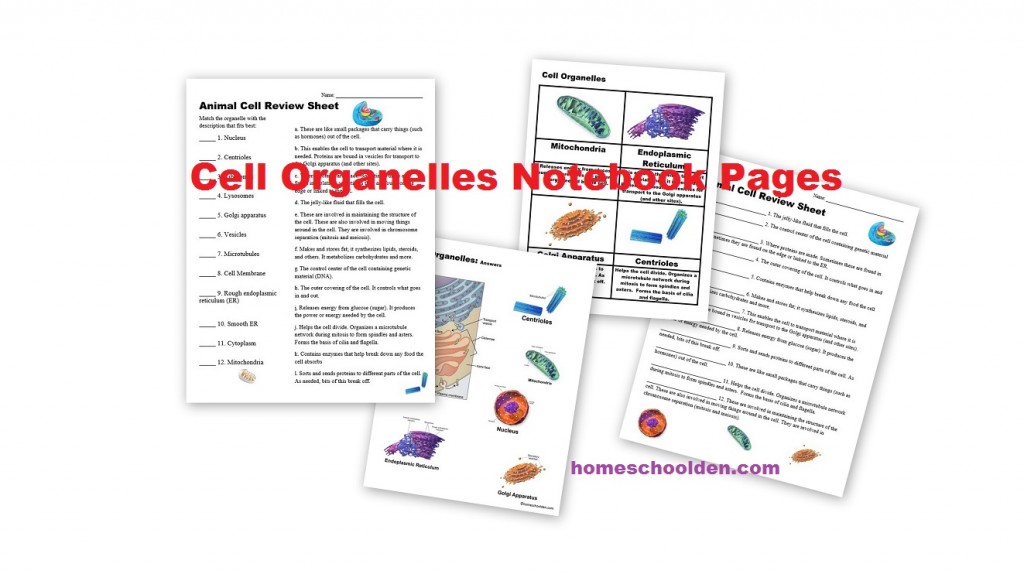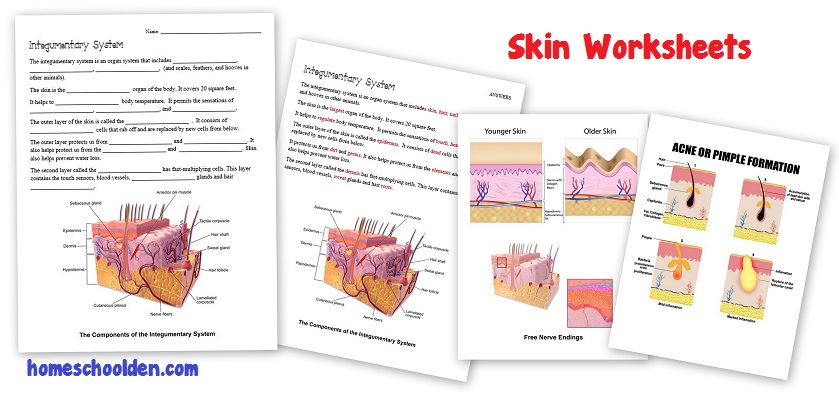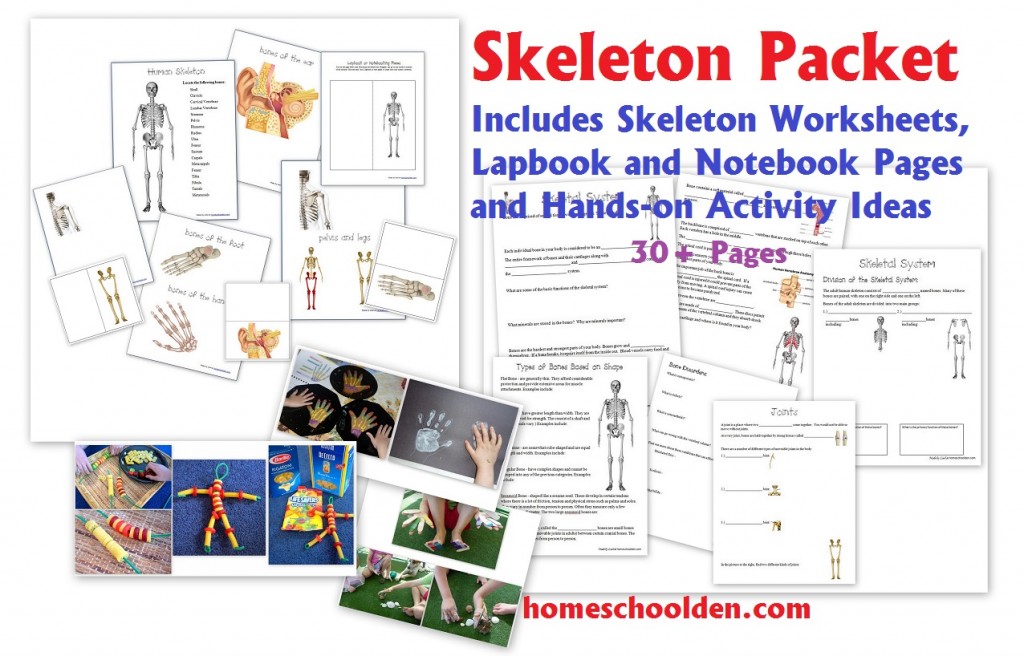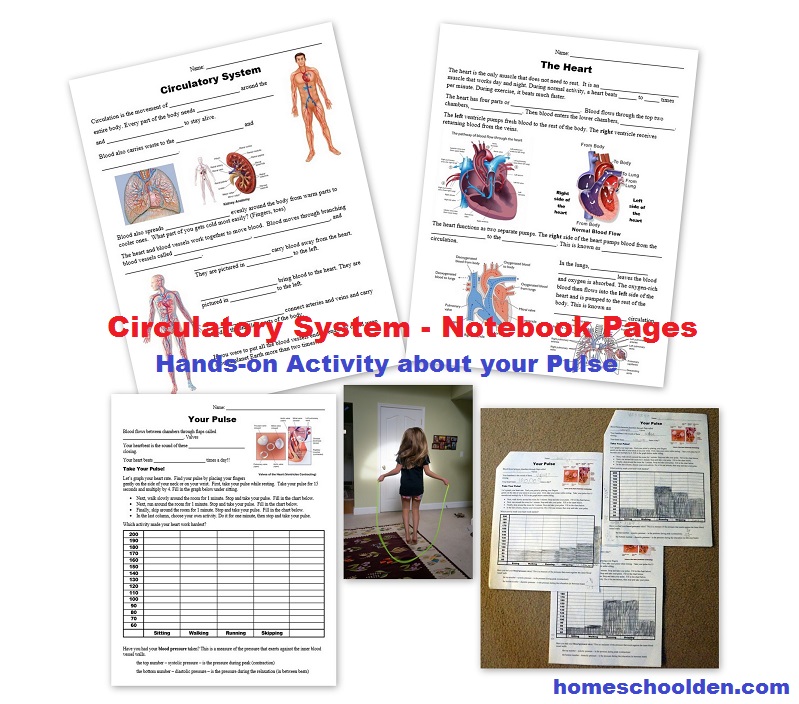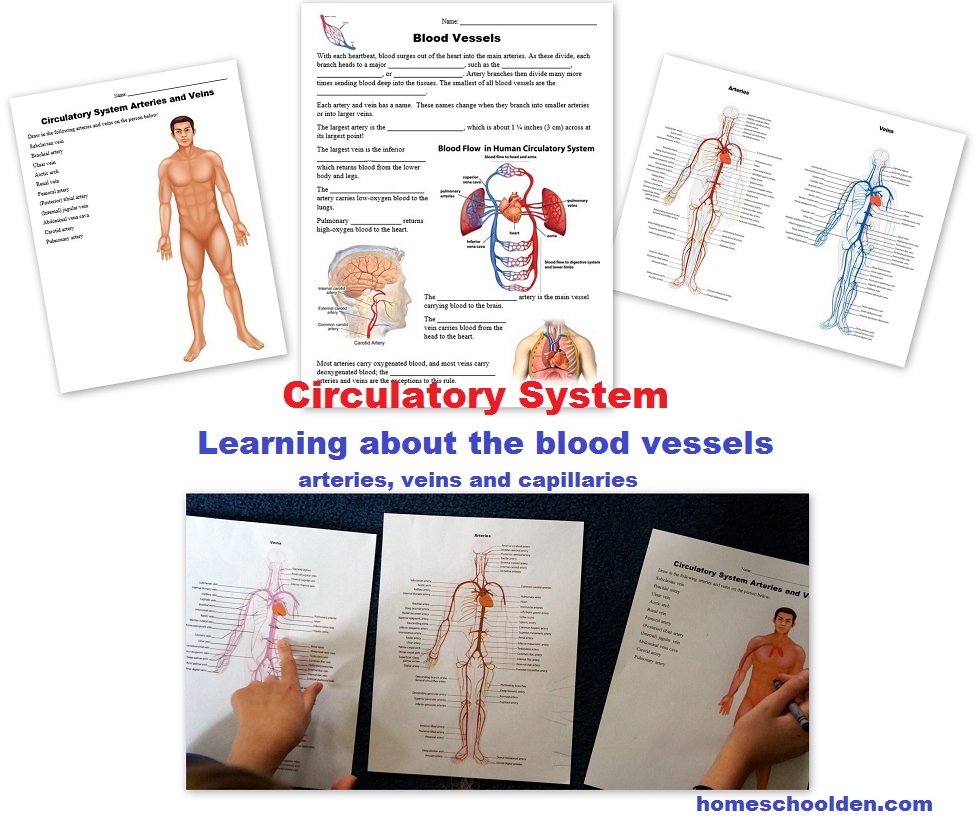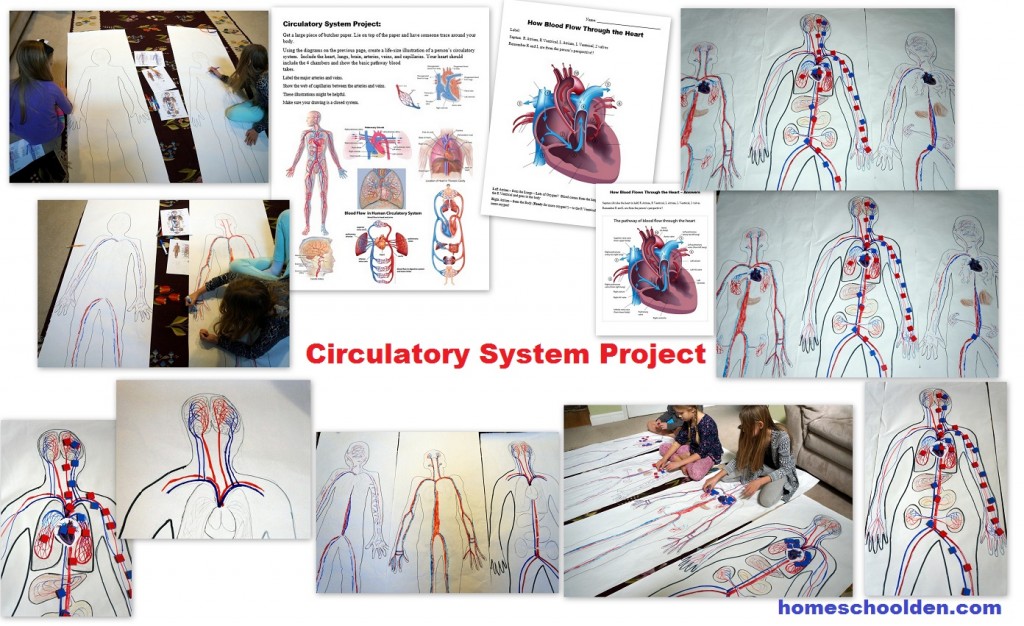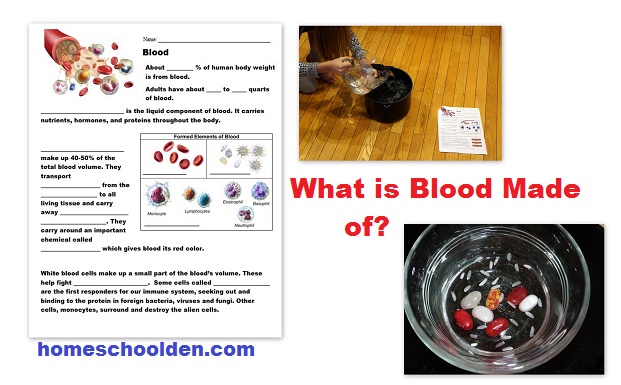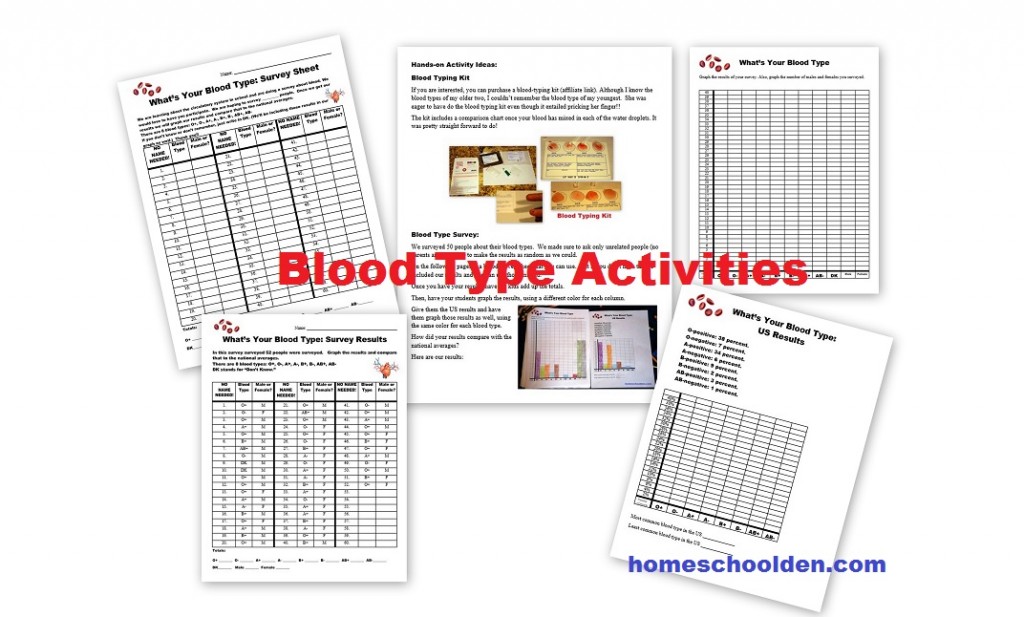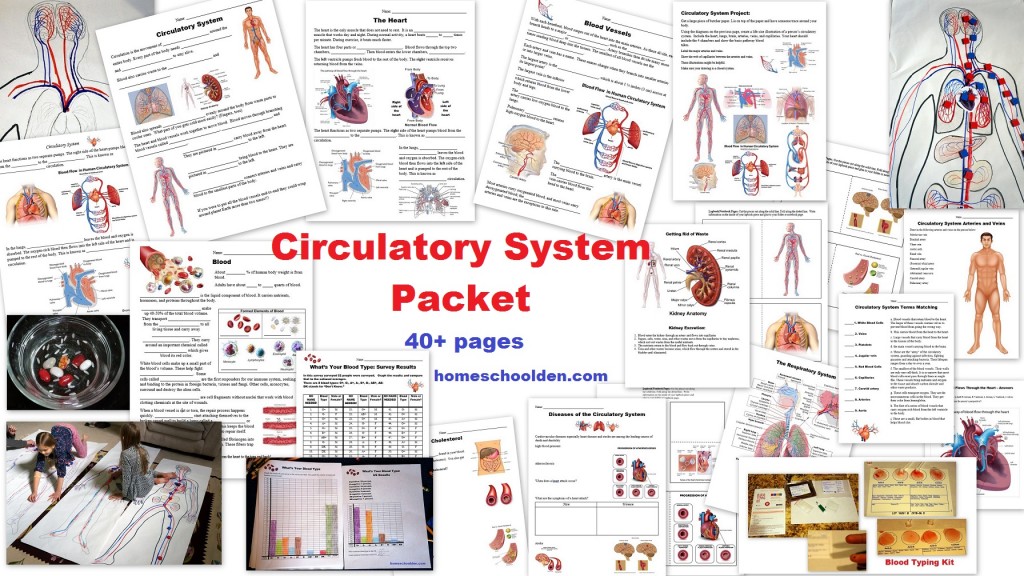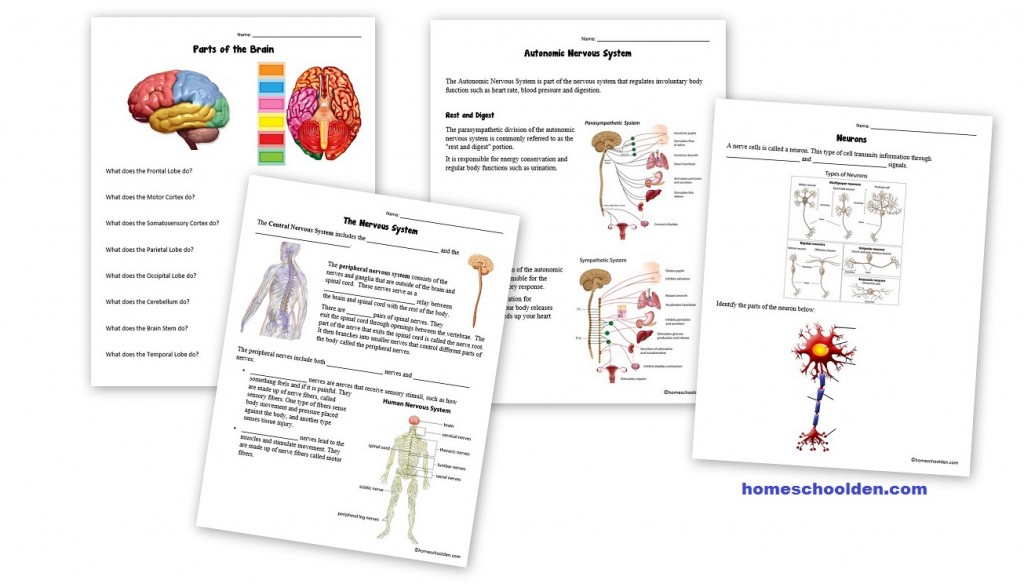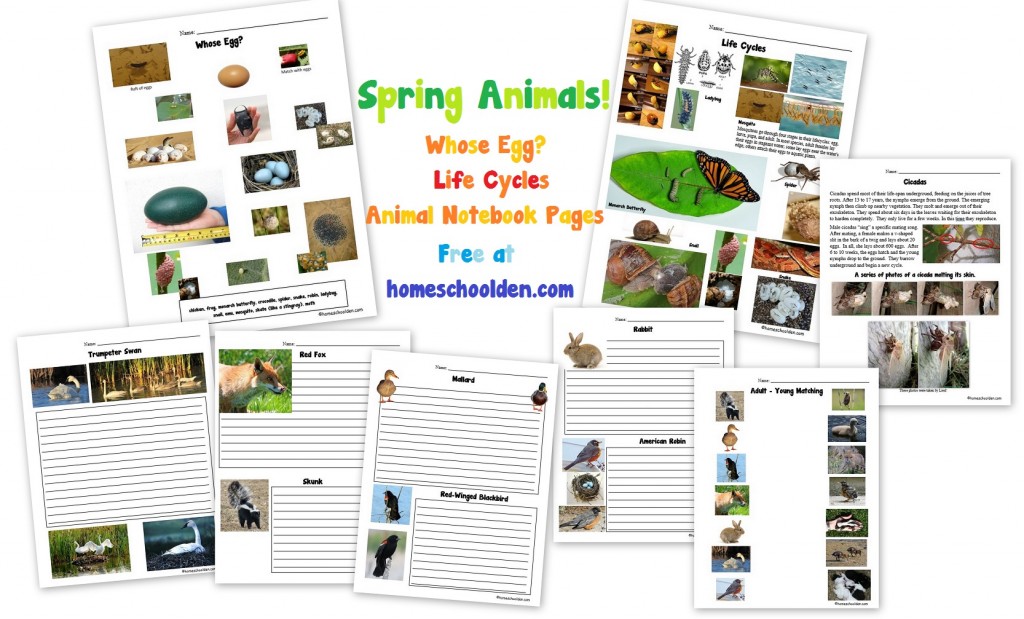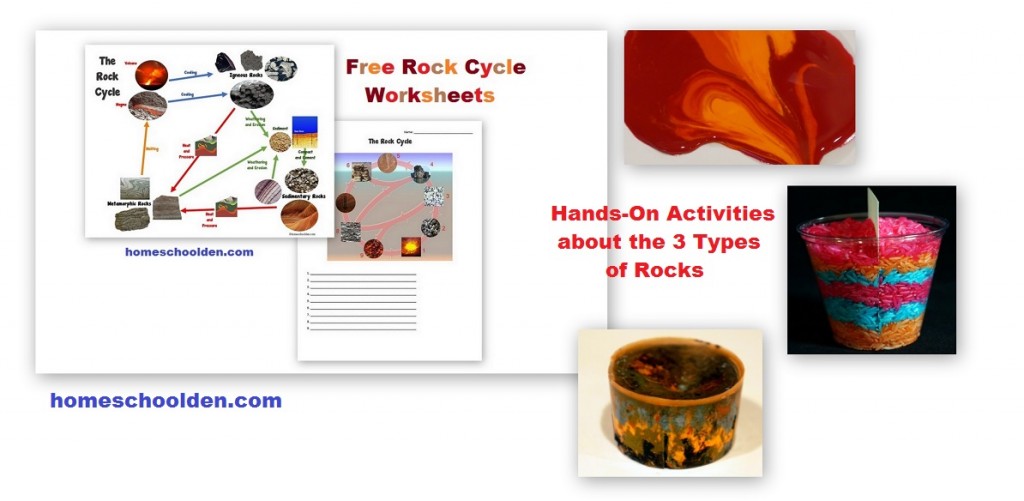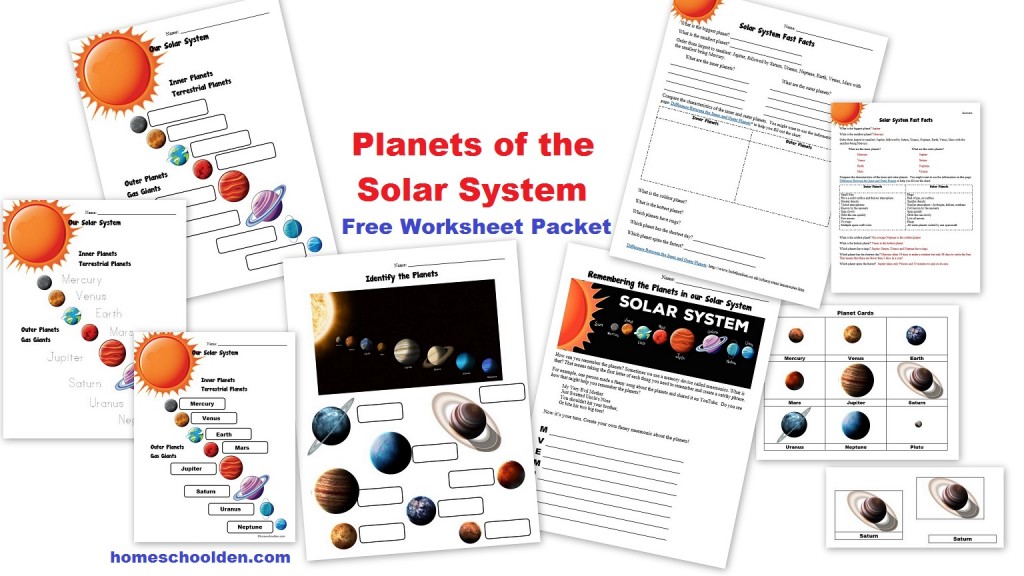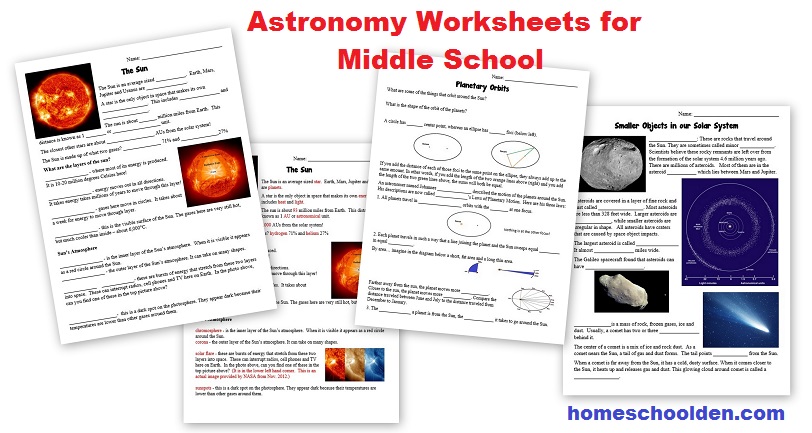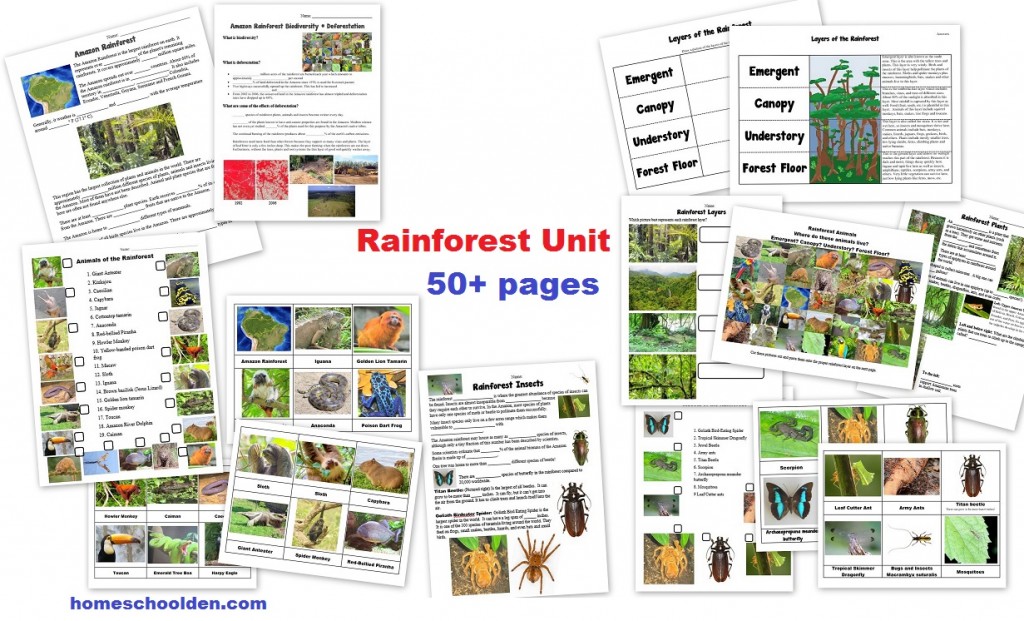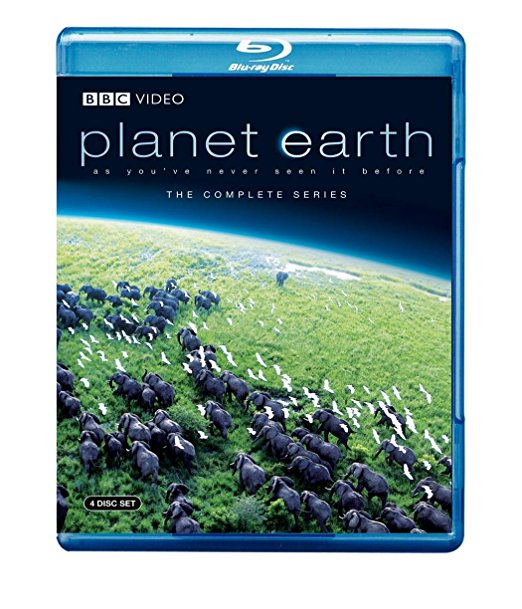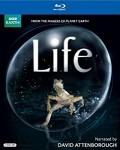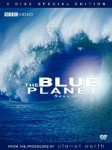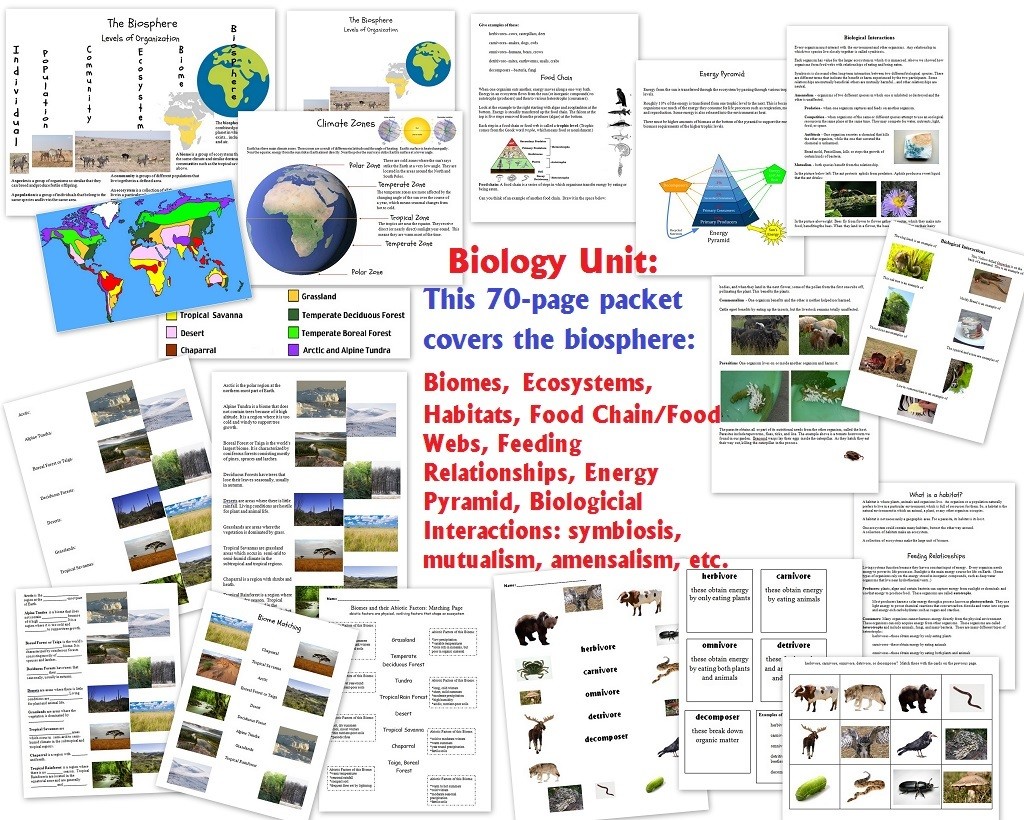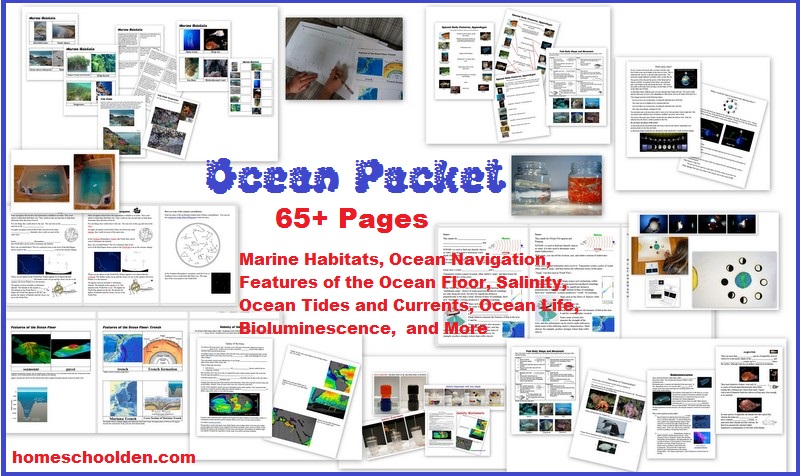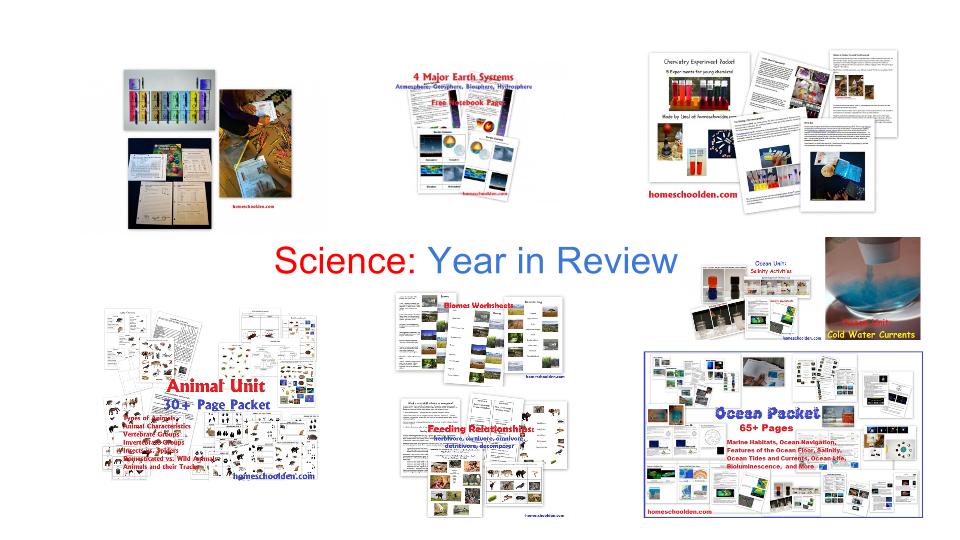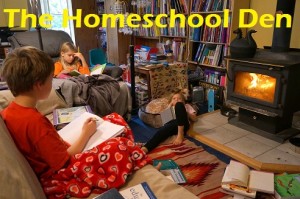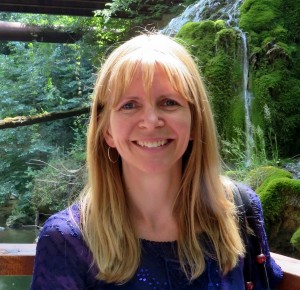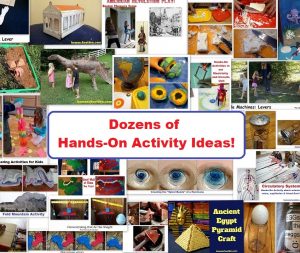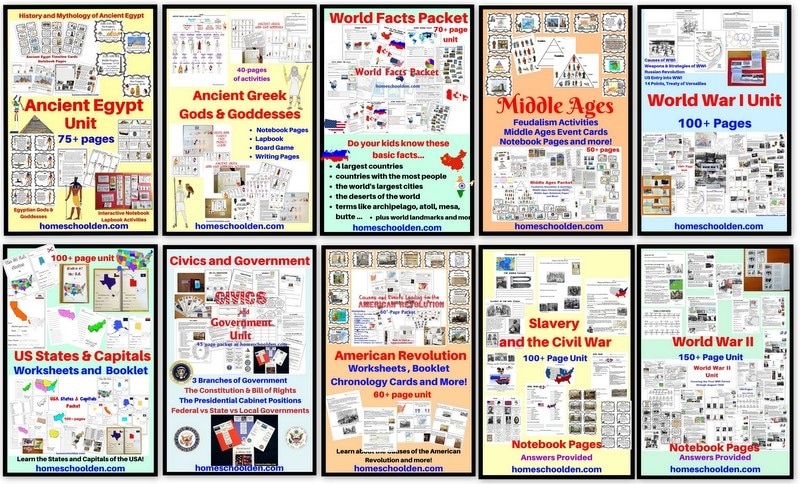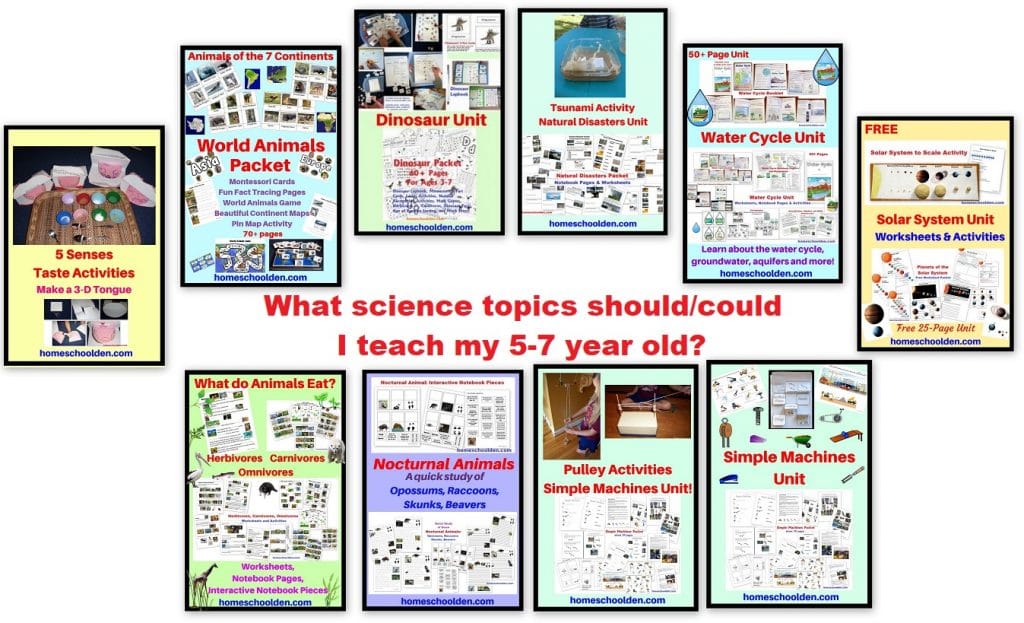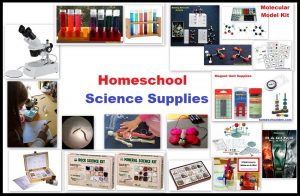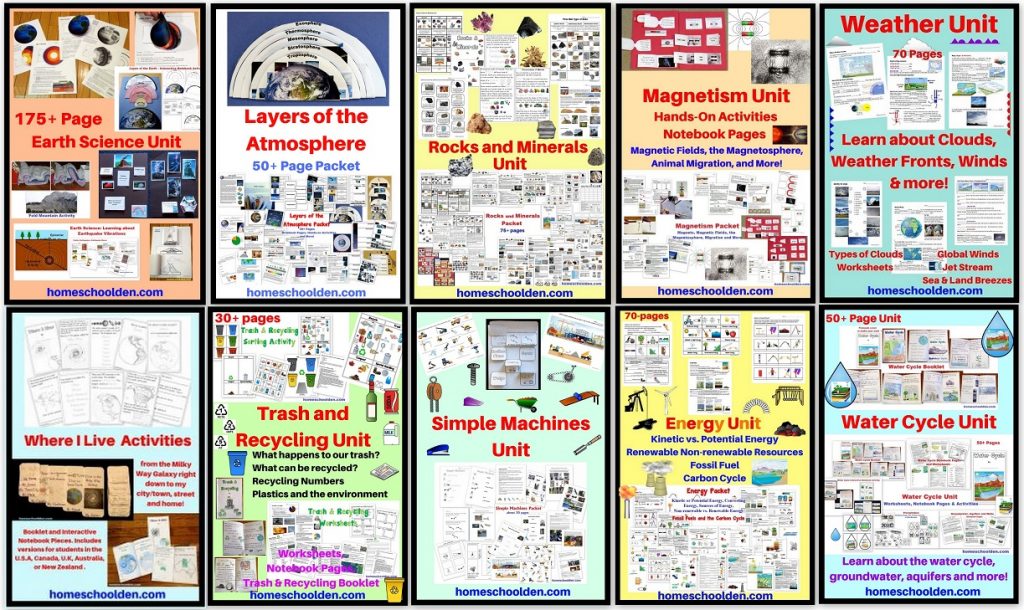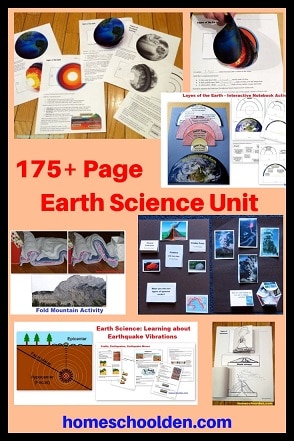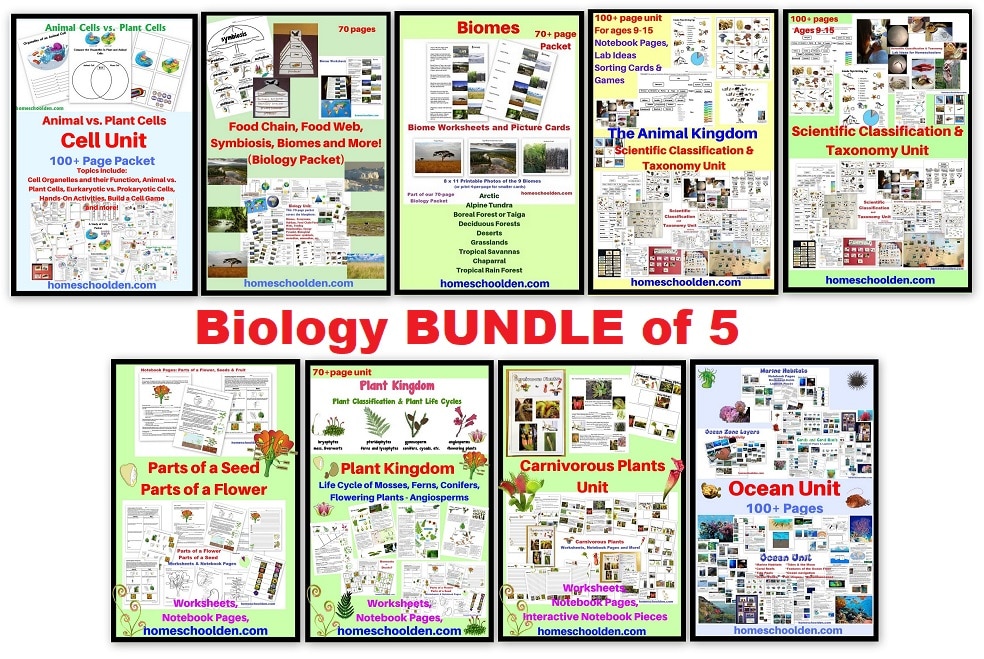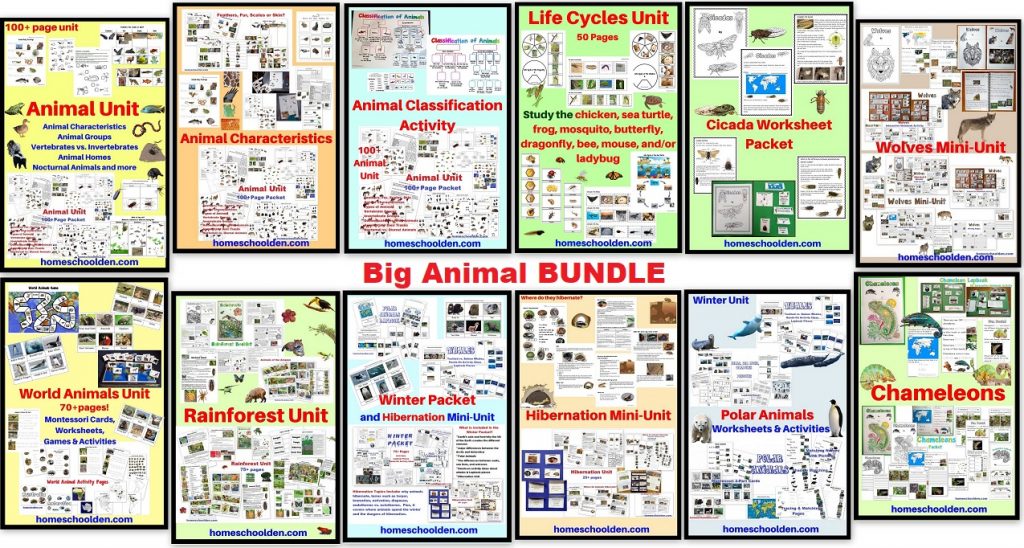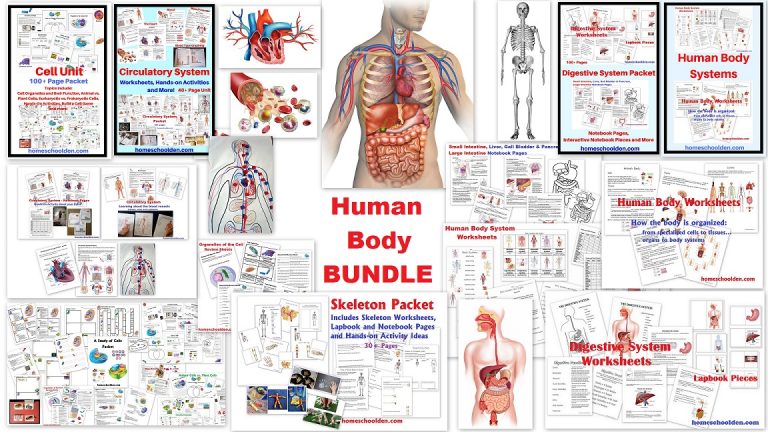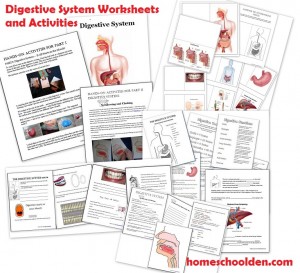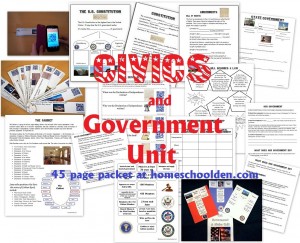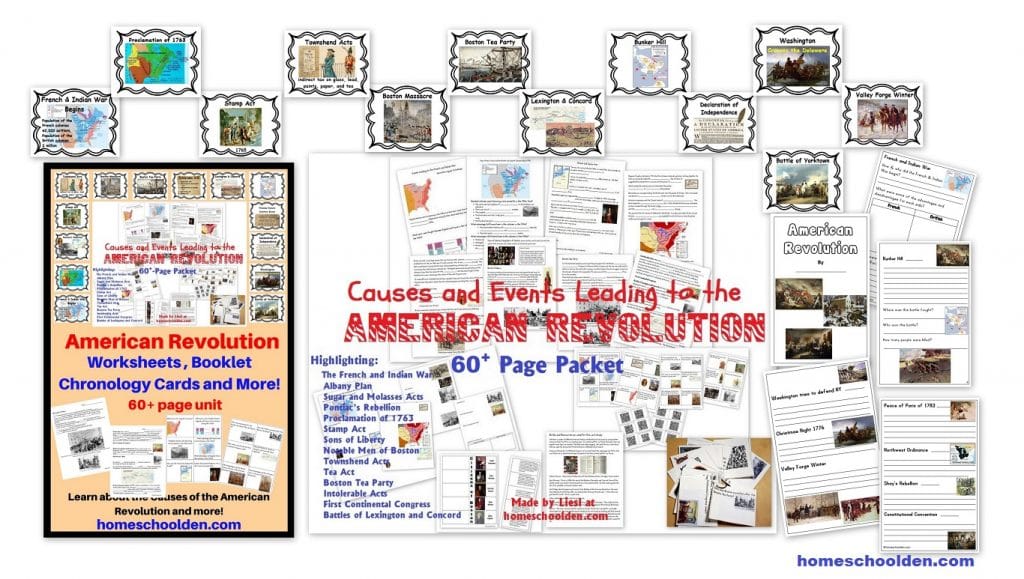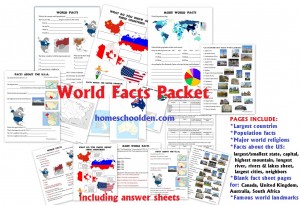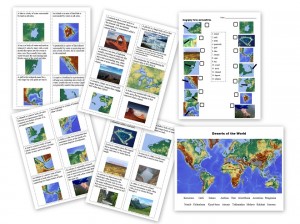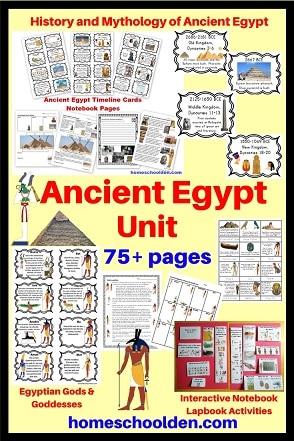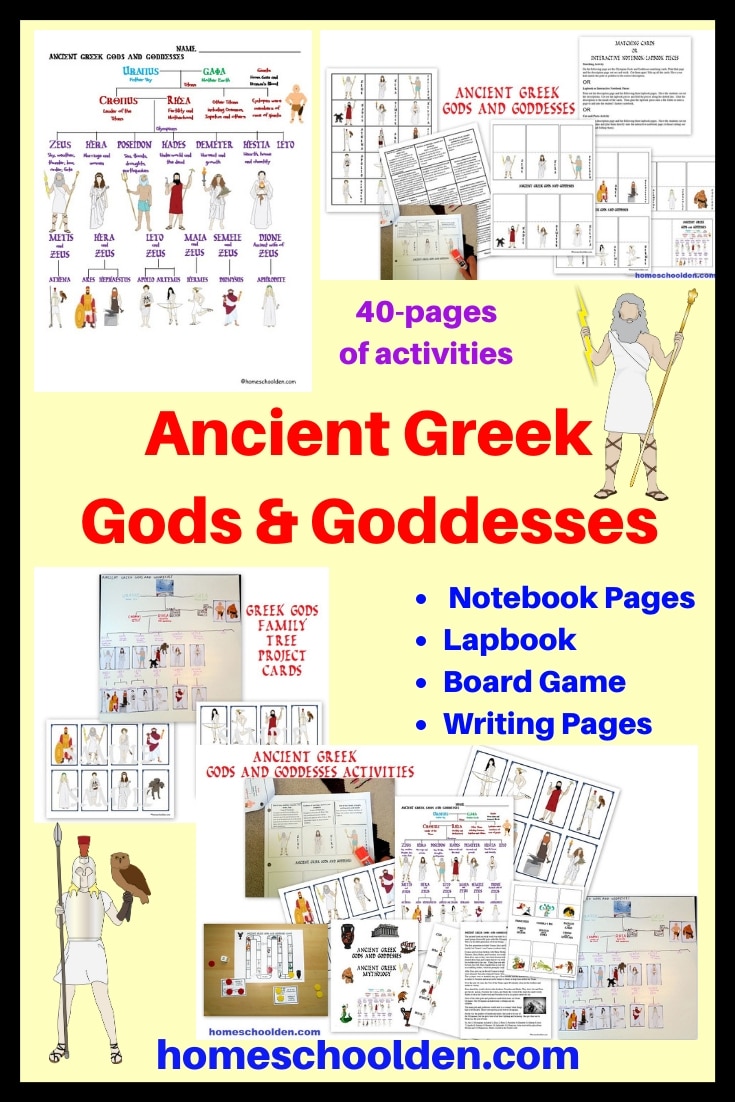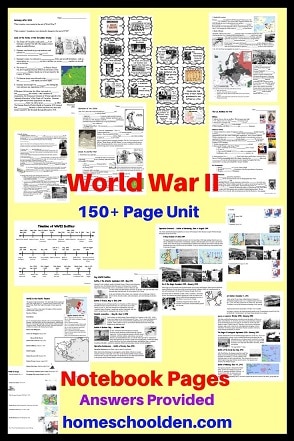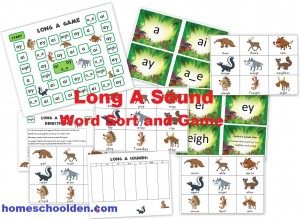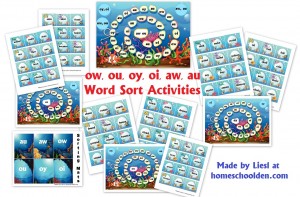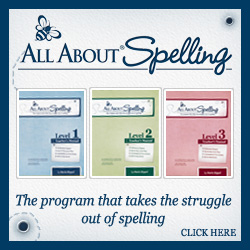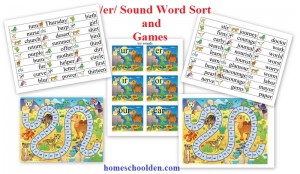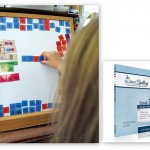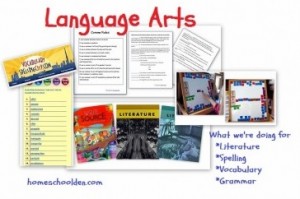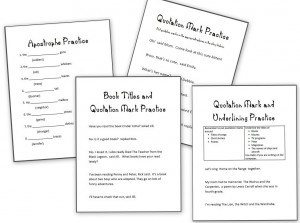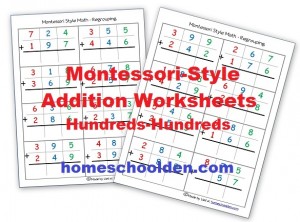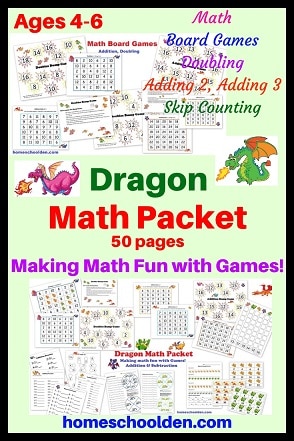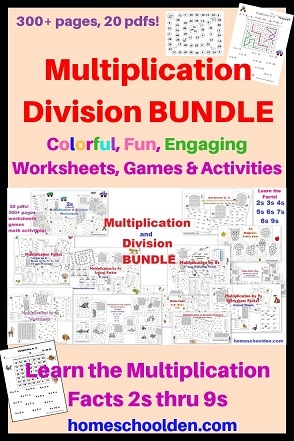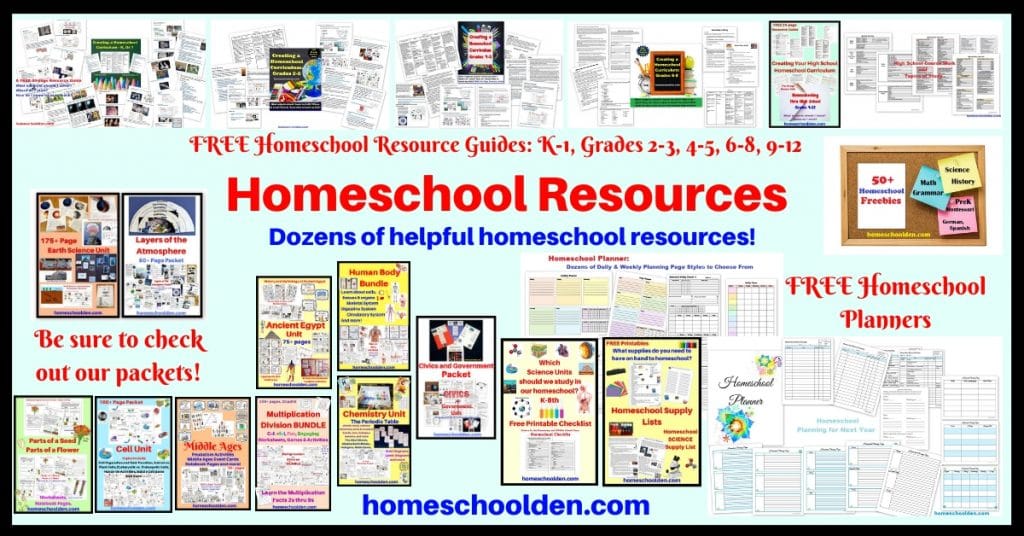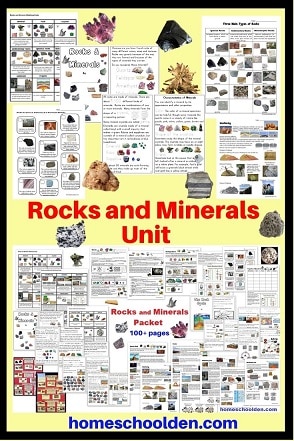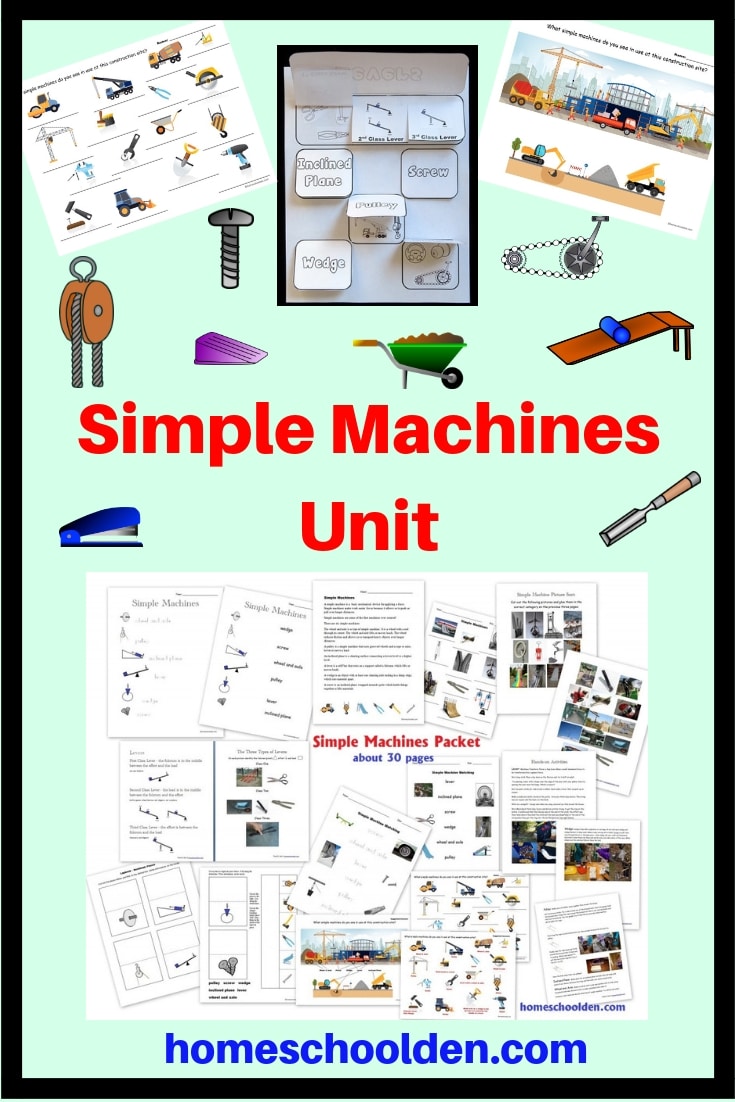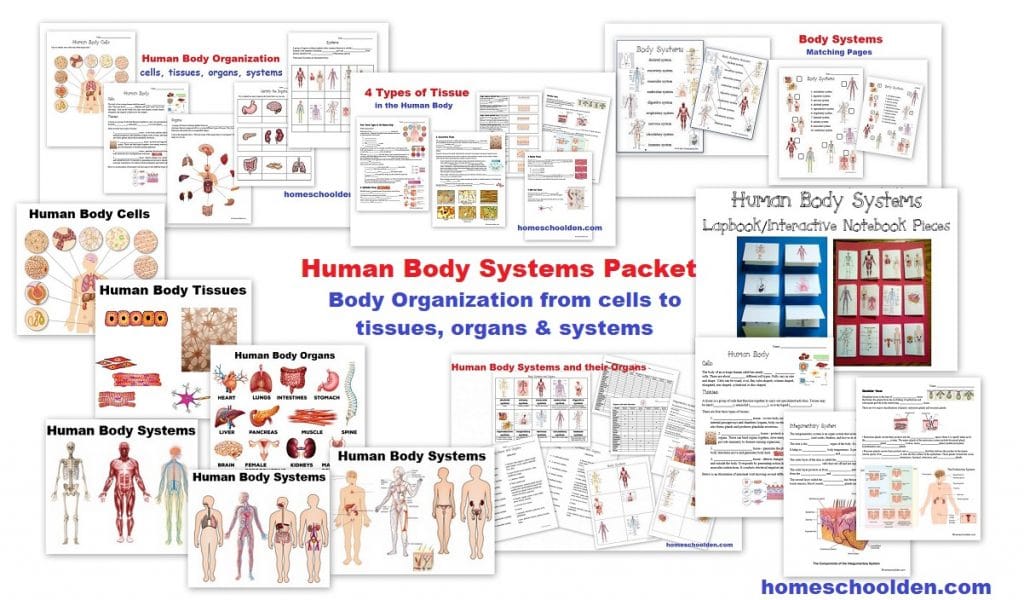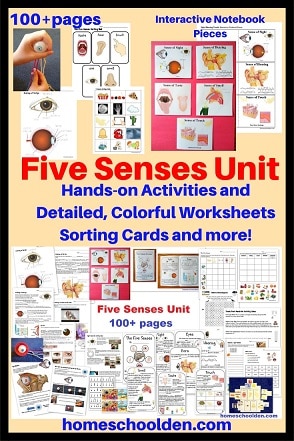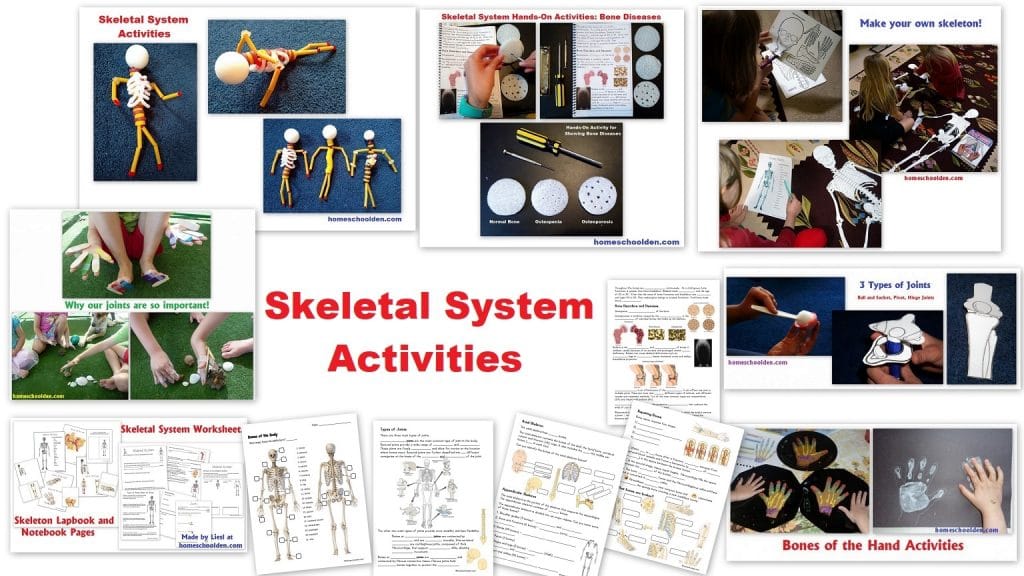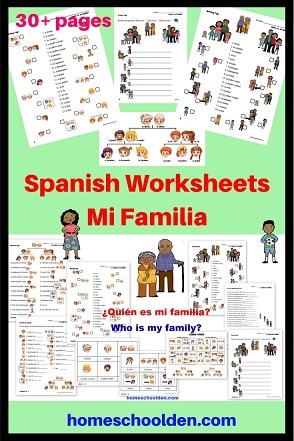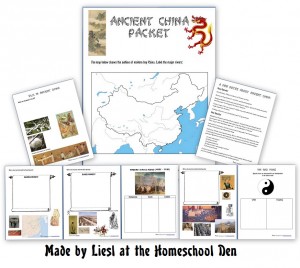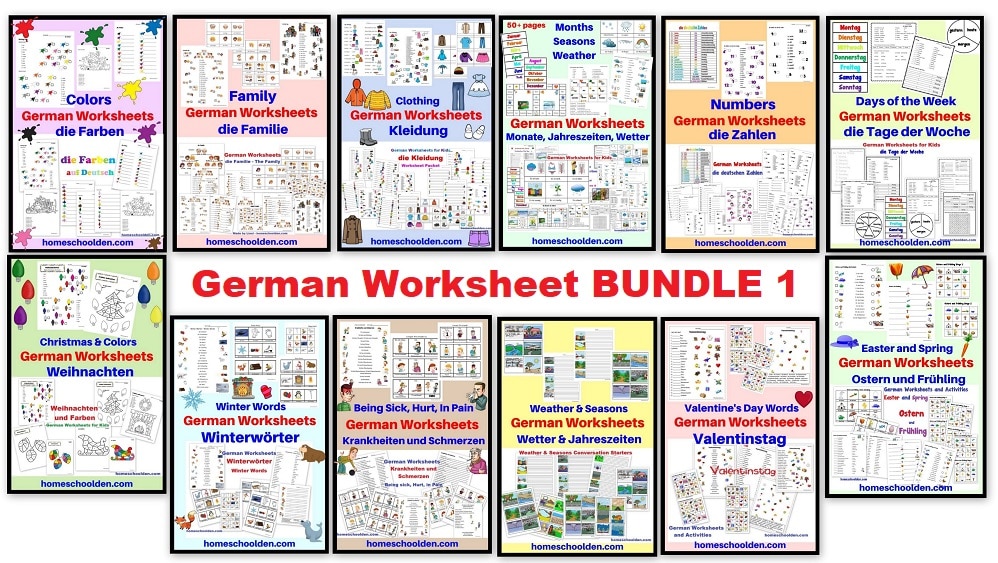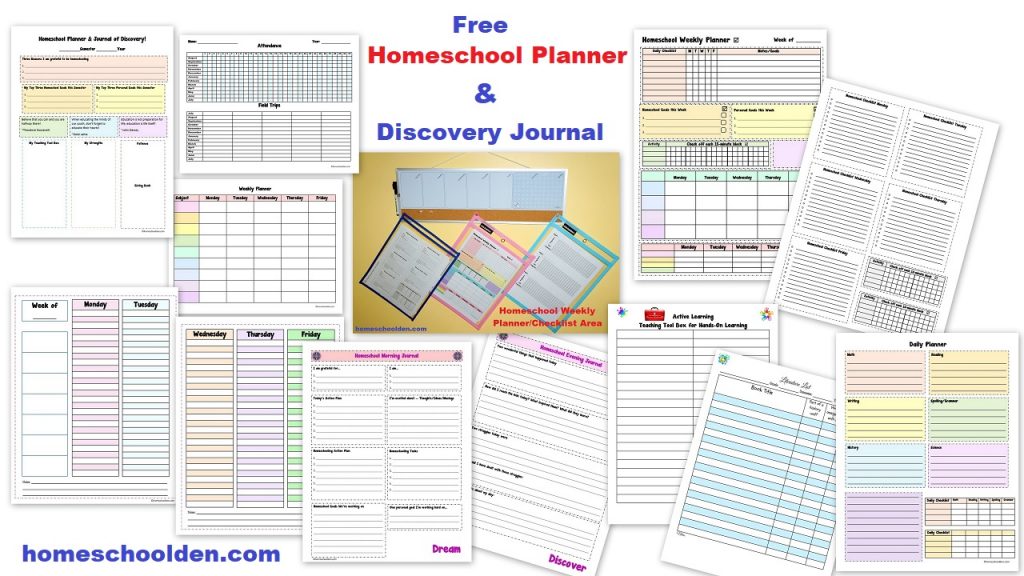Science Year in Review 2016-2017 (Grades 8, 6, 3)
I love looking back at the year and everything we managed to accomplish! Sometimes in the short-run it can feel like we’re not getting much homeschooling done, but when I step back to look at the bigger picture, I’m amazed at what we managed to cover.
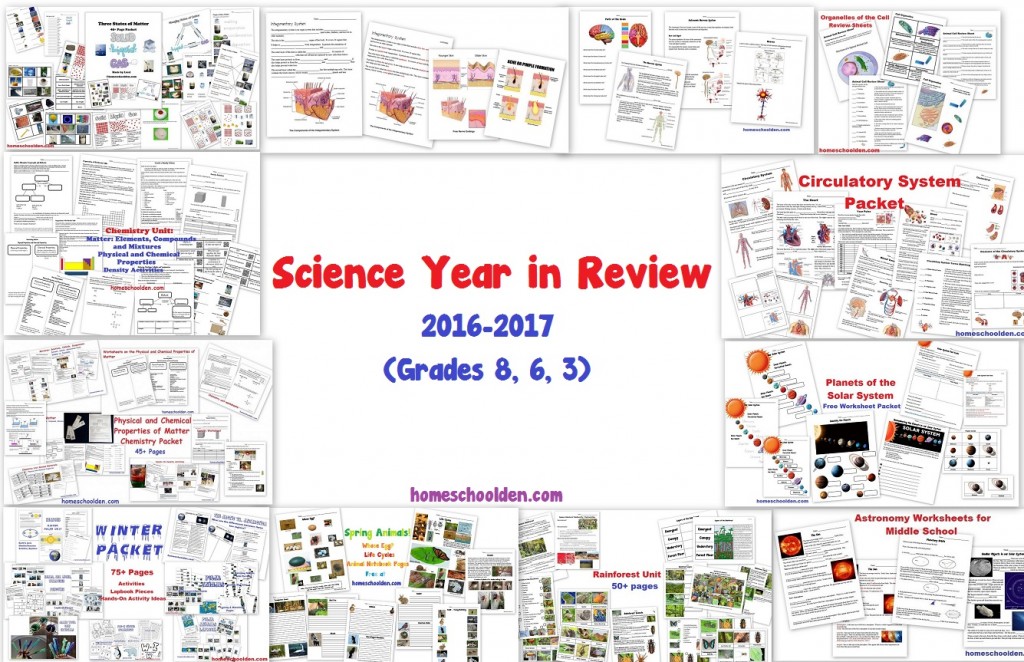
You might want to visit last year’s Science Year in Review as well.
This fall (2016), I wanted to focus on Chemistry again. We had done a unit on the Periodic Table a year ago (last fall 2015) and I knew that I wanted to go over some topics we skimmed over.We started with a unit on the States of Matter. This was a fun unit for everyone because we did a number of hands-on activities:
We focused quite a bit of time on the changing states of matter and had a lot of fun learning about sublimation and deposition! |
Chemistry (Middle School):We then dove deeply into the Physical and Chemical Properties of Matter. Just as scientists classify the living world, they also divide the non-living world into categories. We looked closely at matter: pure substances and mixtures.
You can find out more about our Physical and Chemical Properties of Matter Unit here: ——————————————————————————- Other Chemistry Posts: Last Year (Fall 2015) My older kids did a study of the periodic table:
While my younger daughter (She was in Grade 2) used Real Science-4-Kids Chemistry pre-Level I (affiliate link) and did a lot of science experiments to go along with that.
|
Electricity and Circuits Unit
|
Human Body UnitsNext, it was time to start studying the Human Body again (we generally study one body system each year). As we started the semester, we spent time reviewing the organelles of the cell again. I added a half-dozen new review pages to our Study of Cells Packet. The kids learned the names of some of the major veins and arteries: And we went into a lot of depth about how blood flows through the heart to the lungs, then back to the heart and out to the body. They *loved* this hands-on activity. We spent over a week talking (and practicing) how blood flows through the body and the kids came away with a pretty deep understanding of blood flow! And so did I!! We went on to talk about blood, what blood is made of, the difference between red blood cells, white blood cells, and platelets, and so forth. We also did a big project on blood types. We surveyed 50 people and then graphed our results – comparing what we found to national averages. In all, we all learned a LOT in our Circulatory System unit! (Even me!)
|
Life Cycles, Spring Animals UnitIn the spring, we read Trumpet of the Swan and went on to talk about animal life cycles. This post has a free printable about animal life cycles and some free research pages: Spring Animals Packet: |
3 Types of Rocks, Rock Cycle UnitThen we switched gears and we talked about the three types of rock and the rock cycle. It had been quite a long time since we had covered this. I borrowed a lot of books from the library… and we did some really fun activities! Be sure to check those out and the free Rock Cycle notebook pages: |
Astronomy UnitWe went on to do a unit was on astronomy. We talked about the solar system. You’ll find some free worksheets about the planets of our solar system here: and went over elliptical orbits, the layers of the sun, solar flares, and other stuff with my older two: Free Astronomy Pages for Middle School |
Rainforest UnitAfter our yearly testing, we did a Rainforest Unit. We learned a lot about the Amazon Rainforest. We talked about the diversity of species in that region, the Amazon river, deforestation, different animals and insects of the Amazon region. We then talked a lot about the different layers of the rainforest and talked about which animals dwell in each part.
My kids are such fans of the series, I’ll probably get Planet Earth II and watch that at some point next year with them!
|
What’s coming up next year for us in science?
I know this isn’t enough to take us through the whole year, but these are my thoughts at this point…
|
Earth Science It has been quite a while since we’ve studied Earth Science. My youngest will need to go over some topics such as
|
| Africa – This year we studied the Amazon Rainforest in quite some depth. Next year, I hope to cover some of the different regions of Africa, climate and wildlife.I purchased the DVD, Africa, Eye to Eye with the Unknown (affiliate link) another David Attenborough documentary and also will probably have the kids watch the IMAX film Africa, the Serengeti (in Amazon Prime). 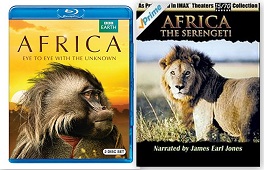 My thought is that we will do a Culture Unit on East Africa and/or South Africa.We have studied Ancient Egypt, a bit about the history of North Africa, the spread of Islam and West Africa. But, we really haven’t talked in depth about the history and culture of the eastern part of Africa (Kenya, Tanzania, Uganda). My thought is that we will do a Culture Unit on East Africa and/or South Africa.We have studied Ancient Egypt, a bit about the history of North Africa, the spread of Islam and West Africa. But, we really haven’t talked in depth about the history and culture of the eastern part of Africa (Kenya, Tanzania, Uganda).
I’ll have to see what kind of resources and kid-friendly books I can find. (That’s what this planning time is all about, right?!)It was almost 5 years ago that we did our study of Africa (see the free Africa Learning Packet) |
Physics:My oldest (9th grade) will be studying Physics. I explain why we’re studying that at the beginning of high school and the resources we’ll be using in this post: Grade 9 Tentative PlansMy younger kids will read through Focus on Middle School Physics by Rebecca Keller (along with some other resources).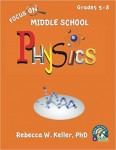 We also have a Physics 101 DVD that we’ll probably all watch together. 🙂 We also have a Physics 101 DVD that we’ll probably all watch together. 🙂 |
Above, I mentioned the two life science units we did on Biology (biomes, biological relationships etc.) and our Ocean Unit. I thought I would include images of those units here for you:
You might want to visit last year’s Science Year in Review as well.
See you again soon here or over at our Homeschool Den Facebook Page! Don’t forget to Subscribe to our Homeschool Den Newsletter. You might also want to check out some of our resources pages above (such as our Science, Language Arts, or History Units Resource Pages) which have links to dozens of posts. You might want to join our free Homeschool Den Chat Facebook group. Don’t forget to check out Our Store as well. ~Liesl
P.S. Our store is getting a bit of a make-over. Hooray! I can’t tell you how many people have asked me if there was a way to purchase more than one item at a time. Since I run this blog on my own and always super busy juggling our homeschooling (and homeschool planning), outside activities, and work on the website/business… it has taken a long time to get to this! (Sheepish grin here!)
You can pop over to check out our store here:

Disclosure: Please note that some of the links in this post are affiliate links, and at no additional cost to you, I will earn a commission if you decide to make a purchase. If you do use our affiliate links, thank you so much for supporting our blog! Warmly, Liesl
